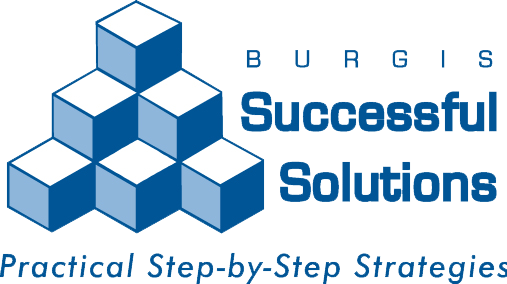Fast Thinking or Slow Thinking
Are you someone who thinks fast, or do you think slow and are still considered a smart person? One is no more important than another and both are necessary.
With the Tortoise and the Hare thinking, of course you have two different types of decision making. Which one are you? For some leaders, the answer is both as it depends on the situations. Thinking quickly and thinking slowly are two ways of making decisions that you can take advantage of depending on your situation.
Who’s the hero in most organizations? The person noted for quick thinking and the ability to “think on their feet?” Or the one who takes time to consider the options and weigh the alternatives, even if the answer appears clear?
Leading in an ever-accelerating digital age is more difficult than ever before. How can anyone lead when no one knows what will happen next? What does being a “fast thinker” or “slow thinker” say about your ability as a leader?
With “pivoting” here, and “re-inventing” there, ideas need to happen quicker as the world is changing very rapidly, even though you may not see it at first. As more and more leaders see the future with newer ideas beyond right now with the world changing faster and faster, quicker thinking to generate and create the next ideas is starting to be expected.
“Being a leader requires thinking beyond today and thinking beyond yourself.” ~ Jane Moyer
What is “Fast Thinking?”
“To think is easy. To act is hard. But the hardest thing in the world is to act in accordance with your thinking.” ~ Johann Wolfgang von Goethe
How many times have you been in situations where someone has the answer to a question almost as soon as the question is asked? This is a Fast Thinker. Are they smart thinkers as well?
Thinking fast or fast thinking enables decision making to take place instantly and/or automatically and operates from the here and now. Fast Thinking is Associative Thinking. Fast thinking is deliberate and effortless. It seems that the more important the executive decision is, the slower the thinking occurs. Fast thinking can dominate your day-to-day life and works well most of the time.
· You finish your work quicker than most of your colleagues.
· You read books lightning-fast and are ready for the next one.
· You were always the first one to finish an exam in school.
· Fast thinkers are usually more self-confident individuals who use their creativity to accomplish tasks.
· Being quick on your feet allows you to use skills that are vital to your success, such as resolving issues, solving problems, setting goals, developing an action plan, and keeping your focus on tasks.
· Developing faster thinking can help you stay mentally sharp as you age.
· Fast thinking has a much greater capacity for taking in information.
· Fast-thinking can undermine our ability to cope effectively with crisis.
Some psychologists believe that those who use quick thinking also have a higher intelligence. It doesn’t mean it’s true, but many times thinking quicker has a more desirable outcome.
Slow Thinking Leadership Is Also Needed in Uncertain Times
“You have to be fast on your feet and adaptive or else a strategy is useless.” ~ Charles de Gaulle
Strong leadership is essential in uncertain times as you need to be calm and rational to decide what actions to take to reach your end-goal.
Depending on the situation, you need to slow your thinking and be aware of what is needed in the time of uncertainty. You can’t just think up an idea and then start working on it unless you know the market is ready for your idea. If the marketplace needs specific ideas, then maybe your fast thinking works very well for you. On the other hand, if there is too much of one idea, another one like it may not be needed. Slowing your thinking to visualize other possibilities and what you can do just may be in your best interest. It may also help you plan further into the future.
Slow thinking for example is more deliberate, as it kicks in when you focus, pay attention, control your behavior, formulate an argument, and solve problems. Slow thinking is wise thinking.
Slow thinking often begins with unlearning. Looking at the world in a different way — taking in new perspectives.
“Slow thinking is when you allocate attention to the effortful mental activities that demand it, including complex computations.” ~ Amanda Penn
Getting People to Actively “THINK” is the Point
“Success in management requires learning as fast as the world is changing.” ~ Warren Bennis
As the world is changing, so are ideas into the next new normal and beyond into the future. Everyone must think better and more quickly than ever before. Slow thinking helps you see things clearly. It does take time. When you are thinking fast all the time, you're vulnerable to incorrect feedback and suboptimal decision-making – which can lead to stress, unhappiness, and burnout even as your company thrives.
When a person effectively balances both slow and fast thinking, productivity rises sharply.
“Slow thinking has the feeling of something you do. It’s deliberate.” ~ Daniel Kahneman
High-performing innovative teams need both: the fast-thinking leaders to act on and execute the ideas and the slower-thinking leaders to carefully consider what actions to take. Which are you? Is it time to consider being both?
